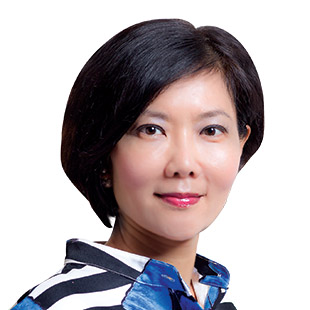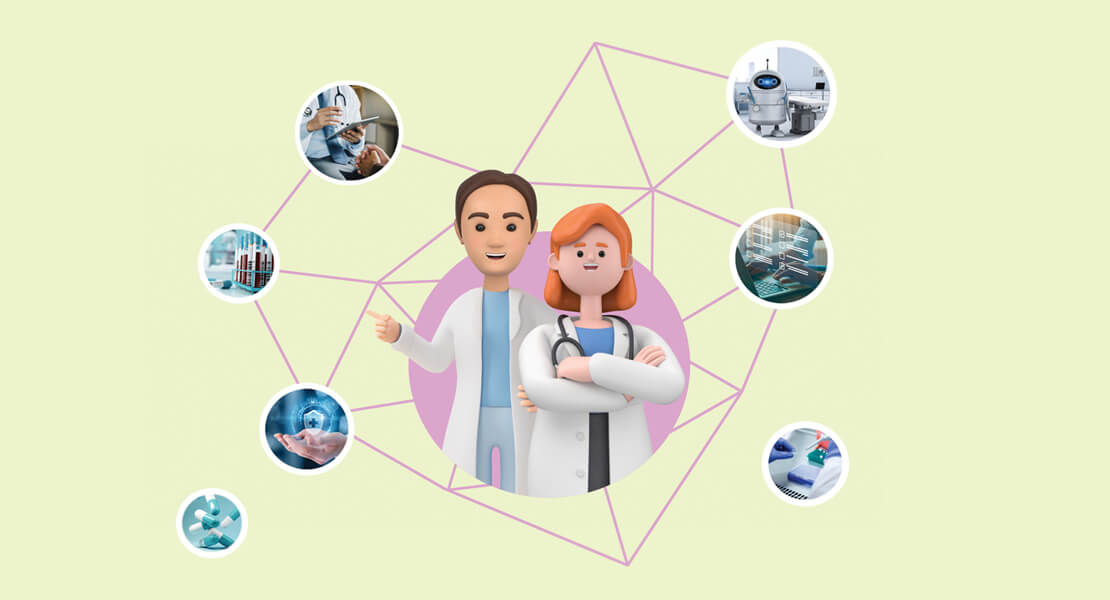
The Next Steps
Professor Chia-Chin Lin
|
Director |
Alice Ho Miu Ling Nethersole Charity Foundation Professor in Nursing
I have reflected on all we have achieved over the past years and the lessons we have learned and now it is timely to think about the way forward: to consider how we will continue to prepare our students in ways that will enhance the health and wellbeing of the community; how we will investigate the phenomena of nursing and health care to capture the complexity and richness of the human experience of illness and suffering; and how we can mobilise advanced technologies responsibly and ethically. Our focus on teaching our students the principles and practices of primary health care and our emphasis on primary health care research have the aims of enhancing disease prevention, health promotion and illness recovery. Both teaching and research will be strengthened by our emerging emphasis on qualitative research which aims to give voice to the recipients of health care services and by our considered use of advanced technologies.
Primary healthcare
Hong Kong has been reforming the health care system with a greater emphasis on primary health care since 2008 and each year since then progress has been made in achieving sustainable development of these services. We now have co-ordinated community-based care provided by family doctors, community nursing services, nursing and allied health clinics, and a risk factor assessment and management programme. Our education programmes ensure students have a sound grasp of the principles and practices of primary care. We are undertaking research and engagement projects around primary care. But there is still much to be achieved in community education and research and we are delighted that Professor Sophia Chan Siu-chee has returned from her leadership role in Government to head up our primary health care initiatives.
Qualitative research
We have established the Asia-Pacific Qualitative Health Research Network (AQUHN) which is chaired by Dr Jay Lee Jung-jae and aims to foster rigorous development and application of qualitative and mixed methods designs for health research in the Asia-Pacific region and beyond. We believe that it is increasingly important for researchers to open their minds to understanding why people think, feel and behave in the ways that they do, so that health care interventions can be designed more appropriately. An important aspect of qualitative approaches is that of consumer involvement in all phases of the research process. This is a relatively new idea in Asia-Pacific health research and we recognise how important it will be to work closely with local communities to engage in collaborative learning and collaborative investigation of issues that matter to them. I can envisage the AQUHN network developing community-based research projects that seek to address these concerns.
Advanced technologies
The School of Nursing has been at the forefront of artificial intelligence (AI) nursing innovations especially during the COVID-19 pandemic. We have developed initiatives in high-fidelity simulation teaching, immersive virtual reality, and use of robots to enable students to practice and improve their clinical reasoning and problem-solving skills. Our researchers have developed and evaluated several self-contained software packages to perform specific health promotion and disease management tasks on mobile or desktop devices.
It is evident that AI has many advantages for Nursing in clinical practice, nursing education and research. It is also proving invaluable for nursing managers in, for example, staff allocation, staff rostering and allocation of resources. Digital technology has many social and economic benefits, including increased access to education, more efficient communication, ease of networking, faster dissemination of news and ease of information storage. Nursing has benefitted enormously from these advances and innovative roles are emerging. A think tank on nursing and artificial intelligence (Ronquillo et al. 2022) noted that “AI technologies have the potential to propel nursing capabilities and enable nurses to provide more evidence-based and personalised care to their patients”. However, they point out, unintended consequences of AI can perpetuate health inequalities and result in depersonalised robotic care.
Clearly, there are complex issues confronting us with the digital revolution. The digital age presents scenarios we have thought of as only occurring in science fiction. Will machines replace humans? How many human jobs will be replaced by computers as more and more tasks become automated? Hollywood writers are on strike as they fear AI will replace them by churning out scripts which will make them redundant. Actors too have joined the strike to resist moves to use their images at minimal cost. In the education context some students are using Chatbot to produce assignments and universities are returning to traditional methods of assessment of pen and paper due to students being caught using AI. In our everyday lives, we are witnessing massive breaches of data security among some companies so that customers’ personal data is being manipulated and appearing on the dark web.
The biggest risks of AI have been identified by Bernard Marr in the lack of transparency in deep learning models, bias and discrimination, privacy concerns, ethical dilemmas, security risks, concentration of power by governments and large corporations, dependence on AI with loss of human cognitive abilities, job displacement, economic inequality, legal and regulatory challenges, an AI arms race, loss of human connection, misinformation and manipulation, unintended consequences and existential threats.
Influential artificial intelligence scientists are warning about the dangers of AI with several calling for a moratorium on AI development. They point out that it is developing far too quickly. Geoffrey Hinton, one of the godfathers of AI has warned that AI Chatbots could soon be more intelligent than humans. He and others warn that machines might become so intelligent, they could take over, leading to the extinction of humanity. There is an urgent need to regulate AI and governments around the world are currently struggling with ideas about how to manage this. It has been pointed out that AI regulation needs to be a global undertaking and that consensus needs to be built internationally. This is a major concern for us all and we need to slow down on our AI innovations until there is more clarity about the regulation of its use.
As we face the challenges of the future, I believe our focus on primary health and community-based qualitative research and our awareness of the dangers surrounding AI development will serve us well. We cannot forget the fundamental importance of the basic principles of nursing: the provision of ethically based comfort and knowledgeable care through human touch, human voice and wise use of technology. We understand the profound significance of the empathy and compassion we demonstrate when we find ourselves witness to the suffering and anguish of patients and their families. These vital aspects of professional nursing care have been a continuing thread as Nursing has adapted to major social and technological changes and will, I believe, give us the moral compass we need to direct our activities into the future.
Reference:
Ronquillo, et al. Digital Health. Statpearls Publishing, 2022








